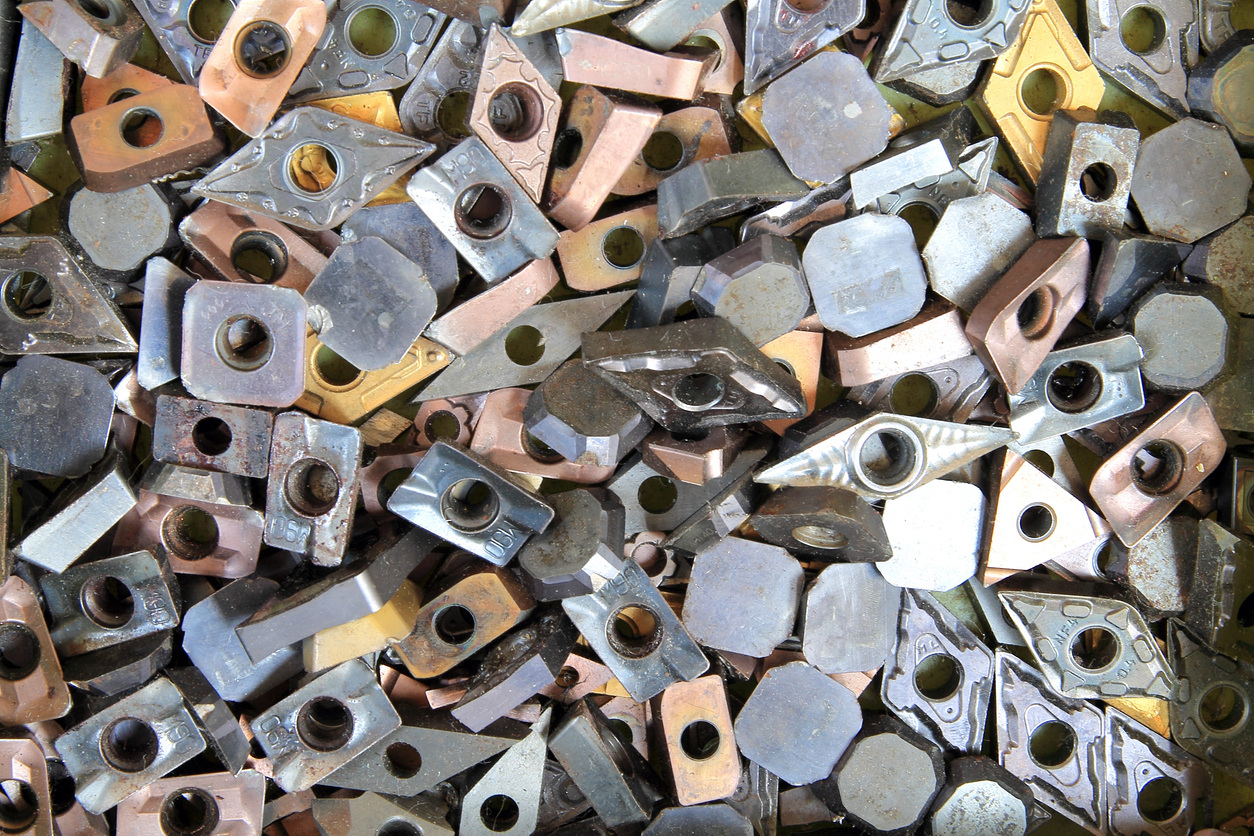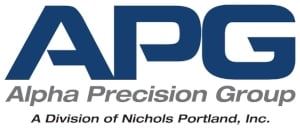
The 2 Key Applications of Powder Metallurgy
Powder metallurgy (PM) is key to modern industry, especially in the automotive and agricultural sectors. It goes beyond just making parts.
What’s the driving force behind this? It’s the method itself.
The powder metallurgy process is a highly efficient technique offering several advantages over traditional metalworking methods. It allows for accurate control over material composition and properties, produces complex shapes with less waste, and often lowers cost while improving material performance.
Given the variety of options, let's examine the benefits and applications of powder metallurgy in the automotive and agricultural sectors.
The Top Advantages of Powder Metallurgy: Why It's Leading the Way
The advantages of powder metallurgy extend beyond a streamlined production of complex parts. PM's unique properties and capabilities offer a wide range of benefits, including:
- Minimizing waste
- Duplication of complex shapes
- Production of lightweight parts
- Cost-effectiveness
Minimizing Waste
Powder metallurgy allows for net-shape or near-net-shape forming, significantly reducing waste by efficiently using nearly all material input.
This material efficiency is beneficial from a cost and environmental standpoint.
Curious about how stainless steel performs in powder metallurgy?
Dive deeper into the process and applications here.
Repeatable Production of Complex Lightweight Shapes
PM allows custom-tailored alloys to be created through powder blending, which can’t be duplicated in the molten state. This is beneficial when dealing with materials that have different melting points.
The ability to engineer unique alloys and material compositions makes PM necessary in applications requiring specific material properties that traditional techniques can’t achieve.
Production of Lightweight Parts
Repeatable production of complex, lightweight parts further enhances powder metallurgy's advantages. The process allows for precise mass production of components with intricate shapes, which is especially beneficial for creating high-strength, lightweight components.
This capability reduces material waste and minimizes machining requirements, making PM an ideal solution for industries requiring weight reduction and part consistency, especially in the automotive industry, pushing for better fuel economy and reduced emissions.
Cost-Effectiveness
The economic benefits of PM are evident in the lower material costs and reduced energy consumption. The reduced need for machining and other secondary processes translates to lower production costs, making PM an attractive option for manufacturers.
PM’s ability to achieve tighter dimensional control improves its cost-effectiveness by meeting precise engineering requirements with minimal need for secondary processing, making it ideal for high-tech industries.
Powder metallurgy applications are versatile, innovative solutions with distinct material efficiency and cost advantages.
Seed to Machine: Powder Metallurgy Examples in Agricultural Applications
Powder metallurgy’s ability to produce strong, durable components makes it a key process for manufacturing machinery and equipment parts in the agricultural sector.
Using powder metallurgy, manufacturers can mass-produce parts with consistent quality, providing reliability in the harsh working environments typical of agricultural activities. PM's cost-effectiveness is attractive for large-scale production, balancing high performance and affordability.
Some of the common applications of powder metallurgy production in agriculture include:
- Gears and sprockets: PM is extensively used to manufacture various gears and sprockets in agricultural machinery. These components benefit from powder metallurgy's high precision and good wear resistance.
- Bearings and bushings: These are made through powder metallurgy and are crucial in agricultural equipment. They reduce friction and wear in moving parts, which is essential for the heavy-duty operation of farm machinery.
- Planter plates: These are used in seed planting equipment and must be precise and durable. PM allows for producing wear-resistant complex shapes and can withstand the abrasive nature of soil and seeds.
- Blades and cutting tools: Powder metallurgy can make blades for mowers, tillers, and other agricultural implements. This process helps produce blades with fine microstructures that maintain sharpness and resistance to wear.
- Filters: PM is used to create various filters used in agricultural machinery. These filters often require specific porosity levels, which can be finely controlled through powder metallurgy.
- Clutch components: PM's uniform material properties and high strength benefit clutch disks and related components, ensuring reliable performance under the variable loads experienced in agricultural operations.
- Pump components: Oil and hydraulic pumps for agricultural equipment, as well as fluid pumps designed for fertilizer and pesticide applications.
This improves equipment's functional capabilities and allows machinery design innovations to accommodate modern agriculture's evolving needs.
Revving Up Performance: Powder Metallurgy in Automotive Applications
Powder metallurgy has a significant advantage in scalability in automotive applications. It supports high-volume production while maintaining consistent quality across thousands or millions of parts. PM is suitable for creating complex geometries that are challenging and costly to produce through traditional methods.
These parts are commonly manufactured using PM because they maintain strict tolerances and produce net-shape components, reducing the need for additional machining. Common powder metallurgy applications in the automotive industry include:
- Engine components: The powder metallurgy process makes various engine parts, including sprockets, gears connecting rods, camshafts, and main bearing caps. These components benefit from the uniform properties and strength provided by powder metallurgy.
- Transfer case gears: Gears made via PM are standard in automotive transfer cases. Powder metallurgy allows for creating complex gear geometries that are hard to achieve with other manufacturing processes.
- Sprockets: These components are necessary for in-vehicle timing and transmission systems. PM enables the production of durable sprockets and chain links that can withstand high stress and wear.
- Bearings and bushings: Powder metallurgy is ideal for manufacturing bearings and bushings used in various automotive systems. These parts require high precision and wear resistance, which PM can provide.
- Exhaust and emission system components: Repairs, sensor bosses, and brackets for exhaust systems and catalytic converters are often manufactured using PM due to the process's ability to withstand high temperatures and corrosive environments.
- Brake components: Powder metallurgy produces brake parts, including brake pads and anti-lock braking system speed sensor rings.
- Electrical and electronic components: Magnetic and electrical components used in sensors, actuators, and magnets are commonly produced using PM, benefiting from the material properties that can be tailored through the metallurgical process.
- Clutch components: Clutch plates and assemblies benefit from powder metallurgy's durability and uniform material properties.
- Structural components: Due to their strength requirements and intricate shapes, various vehicle structural components, such as seat mechanisms and steering system parts, are increasingly made from PM.
Powder metallurgy in automotive applications provides precision and customization, allowing manufacturers to innovate in design and material use and improve performance and efficiency.
Powder Metallurgy For Your Next Project
As the demand for more efficient and durable automotive and agricultural components rises, so does the innovation in material science and part fabrication. Collaborate closely with your powder metallurgy provider to create parts that align with the latest industry standards and can endure the rigors of their applications.
Ready to Take the Next Steps?
A reputable powder metallurgy supplier helps minimize production costs through strategic material selection, efficient design implementations, and scalable manufacturing processes.
Interested in exploring how PM can improve your automotive or agricultural projects? Contact the metal experts at Alpha Precision Group to learn how we can meet your precision expectations.

